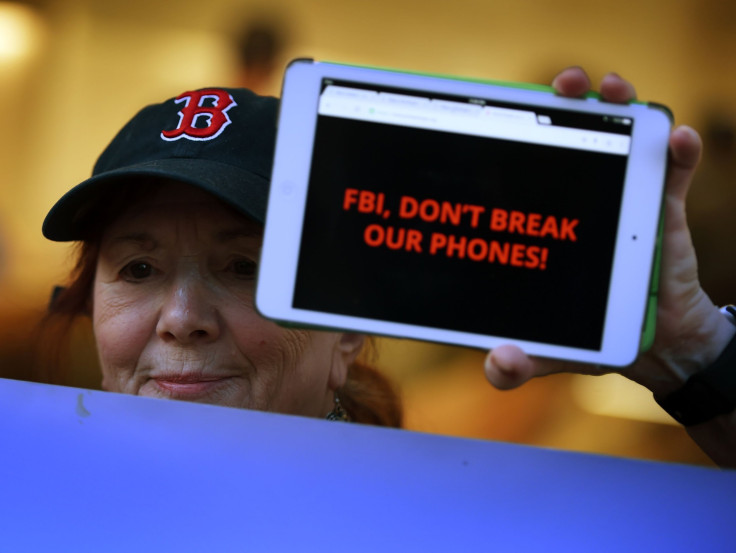Justice Department Appeals iPhone Case In New York

The Justice Department on Monday appealed a New York federal judge's decision to decline to issue an order that would have compelled Apple to build a "backdoor" into an iPhone. The filing gives insight into how the DOJ may choose to make its argument in a similar ongoing case in a California federal court.
In New York, the DOJ argues that Apple's assistance is necessary to unlock the contents within the iPhone of Jun Feng, who has plead guilty to drug trafficking. The evidence on the device could be used as evidence for catching other drug criminals, but not without the assistance of Apple, the DOJ argues.
"The government then applied for a second court order to ask Apple to perform a simple task: something that Apple can easily do, that it has done many times before, and that will have no effect on the security of its products or the safety of its customers," the DOJ's filing reads. "This is how the system is supposed to work."
The decisions made in this case could be influential in the DOJ's court fight against Apple in California, where the federal department is hoping Apple will be compelled to unlock the iPhone of Syed Rizwan Farook, one of the two shooters involved in the Dec. 2 San Bernardino terrorist murders. Apple CEO Tim Cook has said he is willing to fight the San Bernardino case up to the Supreme Court.
In that case, Apple has resisted building the software necessary to unlock the device, arguing that creating such a tool could put the private data of all iPhone users at risk of compromise. Additionally, Apple has said that bowing to the DOJ's wishes could set a dangerous precedent where law enforcement agencies could use a 227-year-old law to compel American tech companies to build backdoors into their products.
In the drug trafficking case, the DOJ argues that Apple has previously opened up other iPhones running the same operating system as Feng's device, which is iOS 7. Farook's device runs a newer and more tightly secured software, however.
"The Department of Justice has made the same application, for the same assistance, from the same company, dozens of times before," the DOJ said. "Federal courts around the nation have granted these applications. The company has complied every time. Until now."
The DOJ is expected to make its next filing in the San Bernardino case on Thursday.
© Copyright IBTimes 2024. All rights reserved.












